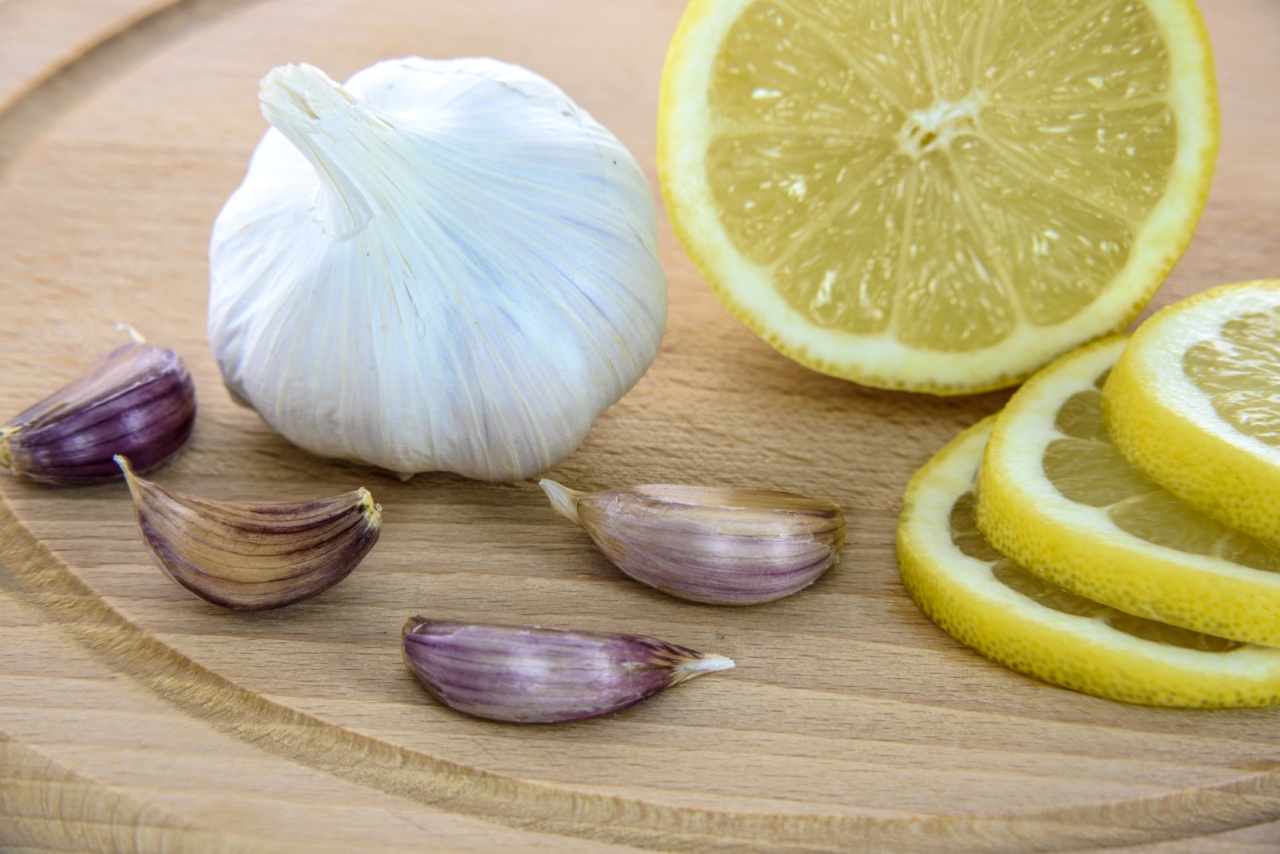Are you tired of the mood swings, cramps, bloating, and headaches that come with PMS every month? You’re not alone. Around 85% of women experience at least one symptom of PMS every month.
But did you know that your diet plays a significant role in managing PMS symptoms? In this article, we will discuss the healing hormones diet that calms PMS.
What Causes PMS?
PMS is a result of hormonal changes that occur during a menstrual cycle. The fluctuation in hormones results in physical and emotional symptoms.
Estrogen and progesterone are two hormones that fluctuate during the menstrual cycle, with estrogen being higher in the first half of the cycle and progesterone being higher in the second half of the cycle.
What is the Healing Hormones Diet?
The healing hormones diet is a diet that is rich in whole foods, healthy fats, and nutrients that support hormonal balance. The diet also includes foods that reduce inflammation and promote gut health.
The healing hormones diet is not a restrictive diet, but rather a balanced and nourishing diet that supports overall health and well-being.
Whole Foods
Whole foods are essential in the healing hormones diet. Whole foods are unprocessed and have not undergone any chemical alteration. Whole foods are packed with nutrients that are essential in supporting hormonal balance.
Whole foods also reduce inflammation and promote gut health, making them an ideal food source for managing PMS symptoms. Examples of whole foods include fruits, vegetables, legumes, nuts, seeds, and whole grains.
Healthy Fats
Healthy fats are essential in the healing hormones diet. Healthy fats include monounsaturated and polyunsaturated fats. Healthy fats support hormonal balance and reduce inflammation. Examples of healthy fats include olive oil, avocado, nuts, and seeds.
Protein
Protein is an essential macronutrient in the healing hormones diet. Protein supports hormonal balance and promotes satiety. It’s important to consume protein from a variety of sources, including animal and plant-based protein.
Examples of protein sources include chicken, fish, tofu, lentils, and beans.
Omega-3 Fatty Acids
Omega-3 fatty acids are essential in the healing hormones diet. Omega-3 fatty acids reduce inflammation and support hormonal balance. Omega-3 fatty acids are found in fatty fish, nuts, and seeds.
Examples of omega-3 fatty acids include salmon, chia seeds, walnuts, and flaxseeds.
Magnesium
Magnesium is a nutrient that is essential in the healing hormones diet. Magnesium supports hormonal balance, reduces inflammation, and promotes relaxation. Magnesium-rich foods include leafy greens, nuts, seeds, and whole grains.
B Vitamins
B vitamins are essential in the healing hormones diet. B vitamins support hormone production, reduce inflammation, and promote energy production. Examples of B vitamins include folate, B12, and B6.
B vitamins are found in animal products, leafy greens, and whole grains.
Reduce Inflammatory Foods
Reducing inflammatory foods is essential in the healing hormones diet. Inflammatory foods increase inflammation in the body and exacerbate PMS symptoms. Inflammatory foods include processed foods, sugar, and saturated and trans fats.
It’s important to limit these foods and focus on consuming whole foods that reduce inflammation.
Promote Gut Health
Promoting gut health is essential in the healing hormones diet. Gut health plays a significant role in hormonal balance and overall health.
Consuming fermented foods, such as kimchi and sauerkraut, and probiotics, such as yogurt and kefir, promote gut health and support hormonal balance.
Conclusion
The healing hormones diet is a balanced and nourishing diet that supports hormonal balance and reduces PMS symptoms.
Including whole foods, healthy fats, omega-3 fatty acids, magnesium, and B vitamins in your diet and reducing inflammatory foods and promoting gut health can make a significant difference in managing PMS symptoms.






























